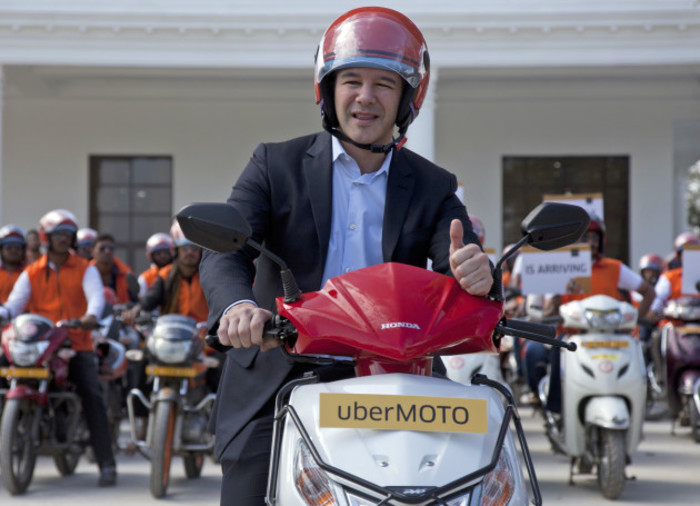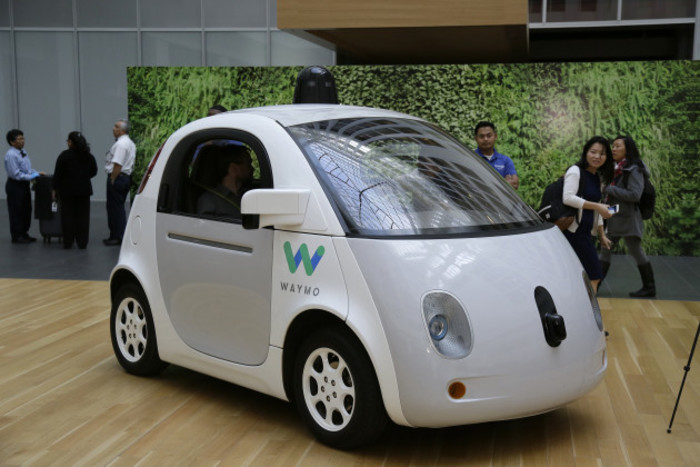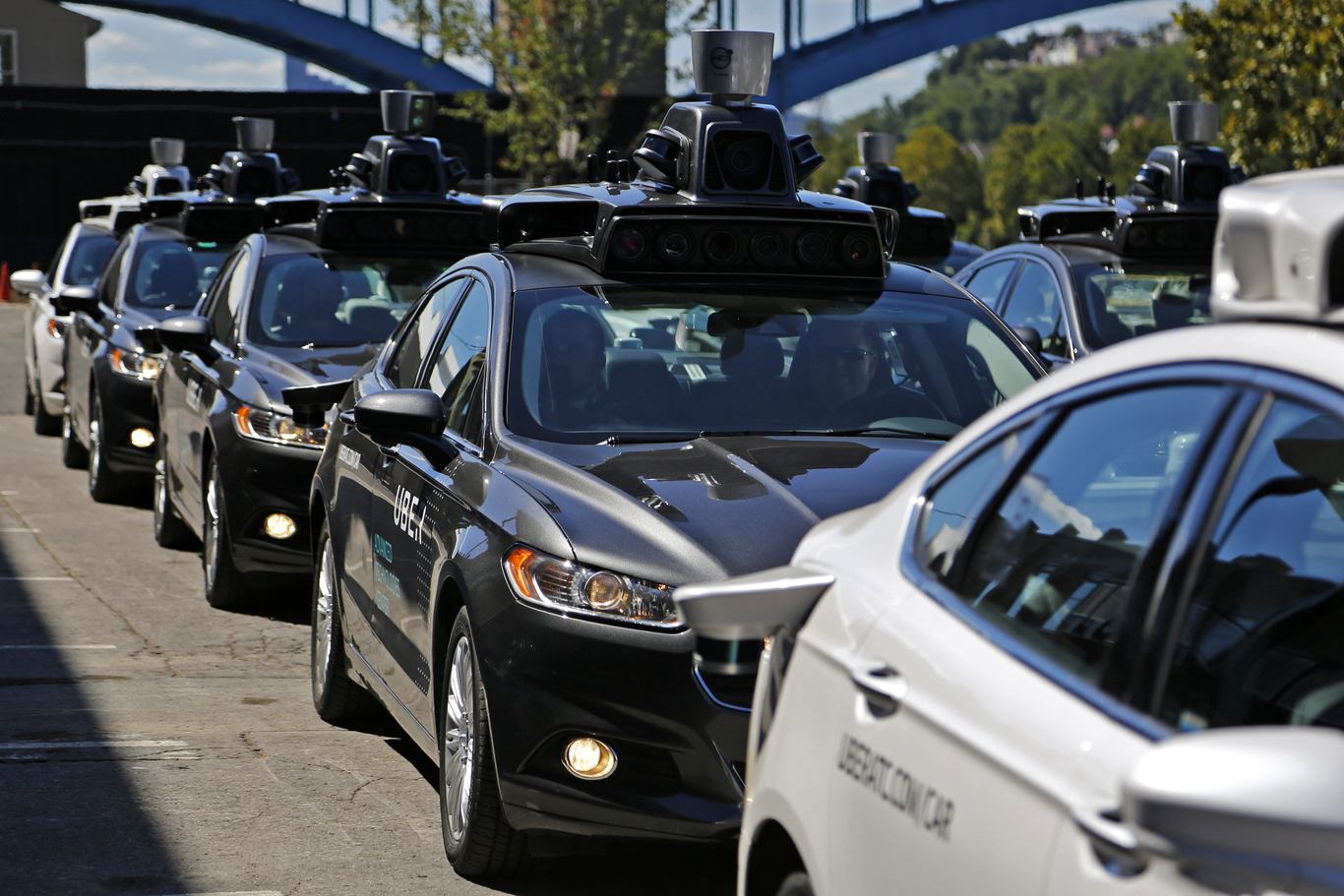'See you in court' – Google has accused Uber of stealing its driverless car tech
Parent company Alphabet has claimed it is a victim of “calculated theft”.
THE RACE TO develop self-driving vehicles took a new turn on Thursday when Google’s parent company Alphabet filed a lawsuit against Uber, accusing it of stealing technology.
Alphabet contends that a manager at its autonomous car subsidiary Waymo took technical data with him when he left to launch a competing venture that went on to become Otto, Uber’s self-driving vehicle unit, in a reported $680 million deal.
“Otto and Uber have taken Waymo’s intellectual property so that they could avoid incurring the risk, time and expense of independently developing their own technology,” Waymo said in a San Francisco federal court filing.
Waymo is calling for a trial to stop Otto and Uber from using what it says is patented technology.
Waymo also wants unspecified damages in what it described in court documents as “an action for trade secret misappropriation, patent infringement, and unfair competition”.
The company argued that a “calculated theft” of its technology “reportedly netted Otto employees over half a billion dollars and allowed Uber to revive a stalled program, all at Waymo’s expense”.
Responding to an AFP request for comment, an Uber spokeswoman said that “we take the allegations made against Otto and Uber employees seriously and we will review this matter carefully”.
The California-based ride-sharing service acquired the commercial transport-focused tech startup Otto last year as it pressed ahead with its pursuit of self-driving technology.
Anthony Levandowski, a co-founder of Otto, a 90-person startup, was put in charge of Uber’s efforts to develop self-driving technology for personal driving, delivery and trucking.
 Uber CEO Travis Kalanick
Uber CEO Travis Kalanick
Clever cars
Waymo’s lawsuit contends that Levandowski downloaded more than 14,000 proprietary files from a highly confidential design server to a laptop in December 2015.
A week later, after removing a data storage card, Levandowski reformatted the company laptop in what the suit maintains was an attempt to erase any trace of what happened to the downloaded data.
The suit is focused on proprietary information about LiDAR sensors, which use lasers to scan and essentially enable vehicles to “see” what is around them, according to the lawsuit. The information stored on the Waymo server wound up at Otto, it says.
Waymo says it has invested tens of millions of dollars in the technology.
“Thanks in part to this highly advanced LiDAR technology, Waymo became the first company to complete a fully self-driving trip on public roads in a vehicle without a steering wheel,” the suit says.
After downloading confidential information regarding Waymo’s LiDAR systems and other technology while working at Waymo, Levandowski attended meetings with high-level executives at Uber’s headquarters in San Francisco in January 2016, the lawsuit contends.
By the end of that month, Levandowski officially formed a venture that would become Otto and resigned from Waymo, according to the court filing.
A self-driving truck built by Otto made a pioneering delivery of beer in Colorado in November.
An 18-wheel semi made the 120-mile (190-kilometer) trip from Fort Collins through the center of crowded Denver to Colorado Springs using only its panoply of cameras, radar and sensors to read the road.
Uber is also trying out a self-driving car service in Pittsburgh, Pennsylvania.
The major US car manufacturers all have driverless car development programs, as does the tech giant Apple.
Many automakers already have cars on the road with advanced driver-assist technology, most notably electric car producer Tesla.
 Waymo's driverless car
Waymo's driverless car
Rough road
The Waymo lawsuit comes as Uber’s image is suffering from a series of blows.
Chief executive Travis Kalanick quit US President Donald Trump’s business advisory group earlier this month under pressure from a growing movement to boycott the ride-sharing service because of his connection to the new administration.
A #DeleteUber campaign picked up speed on social media, urging people to drop the service and switch to rival Lyft – which saw its popularity soar after it promised to donate $1 million to the American Civil Liberties Union, which has filed lawsuits against Trump’s measures.
This week, Kalanick announced an “urgent investigation” at the company after a former employee wrote a blog post alleging pervasive sexual harassment and sexism at the firm.






